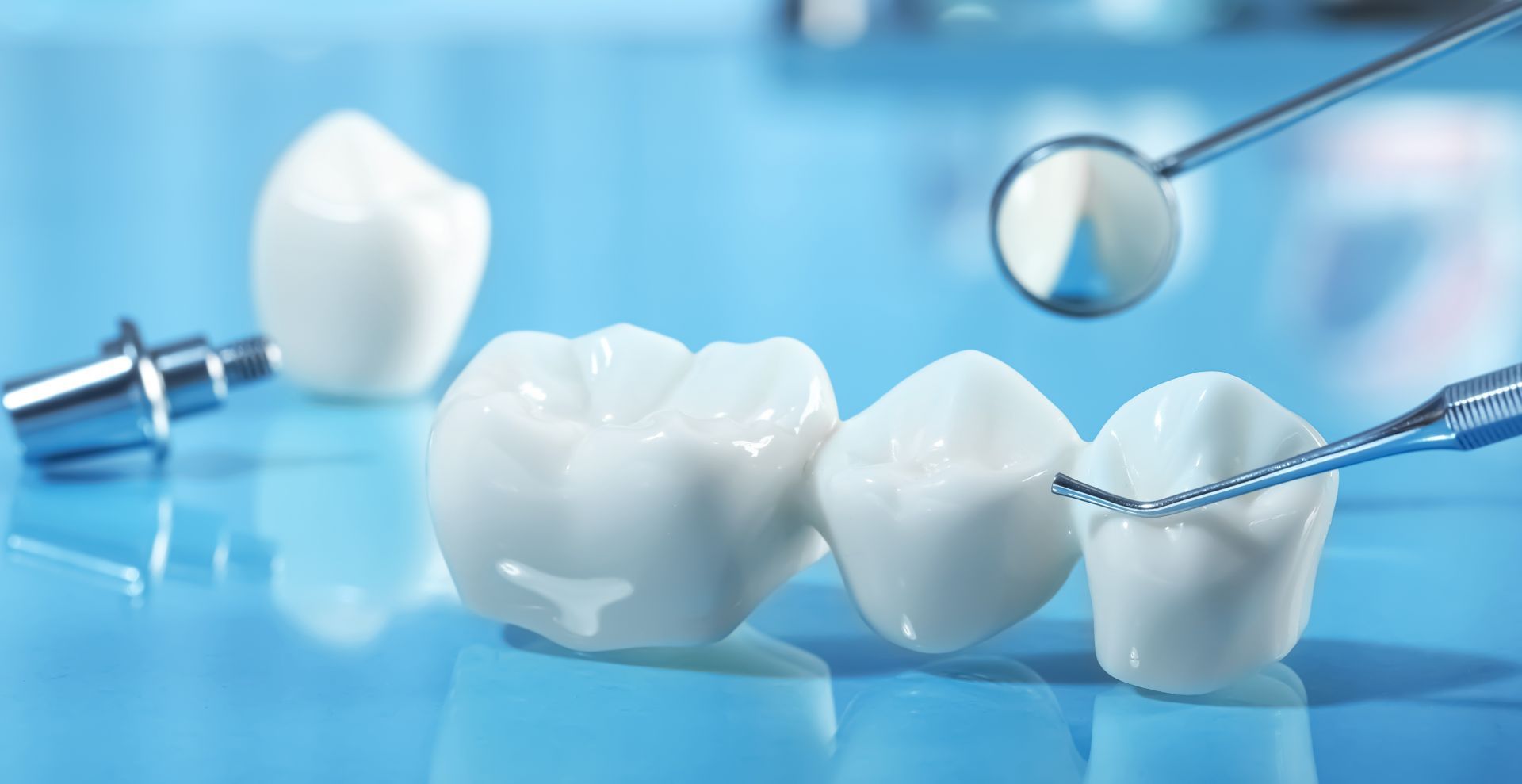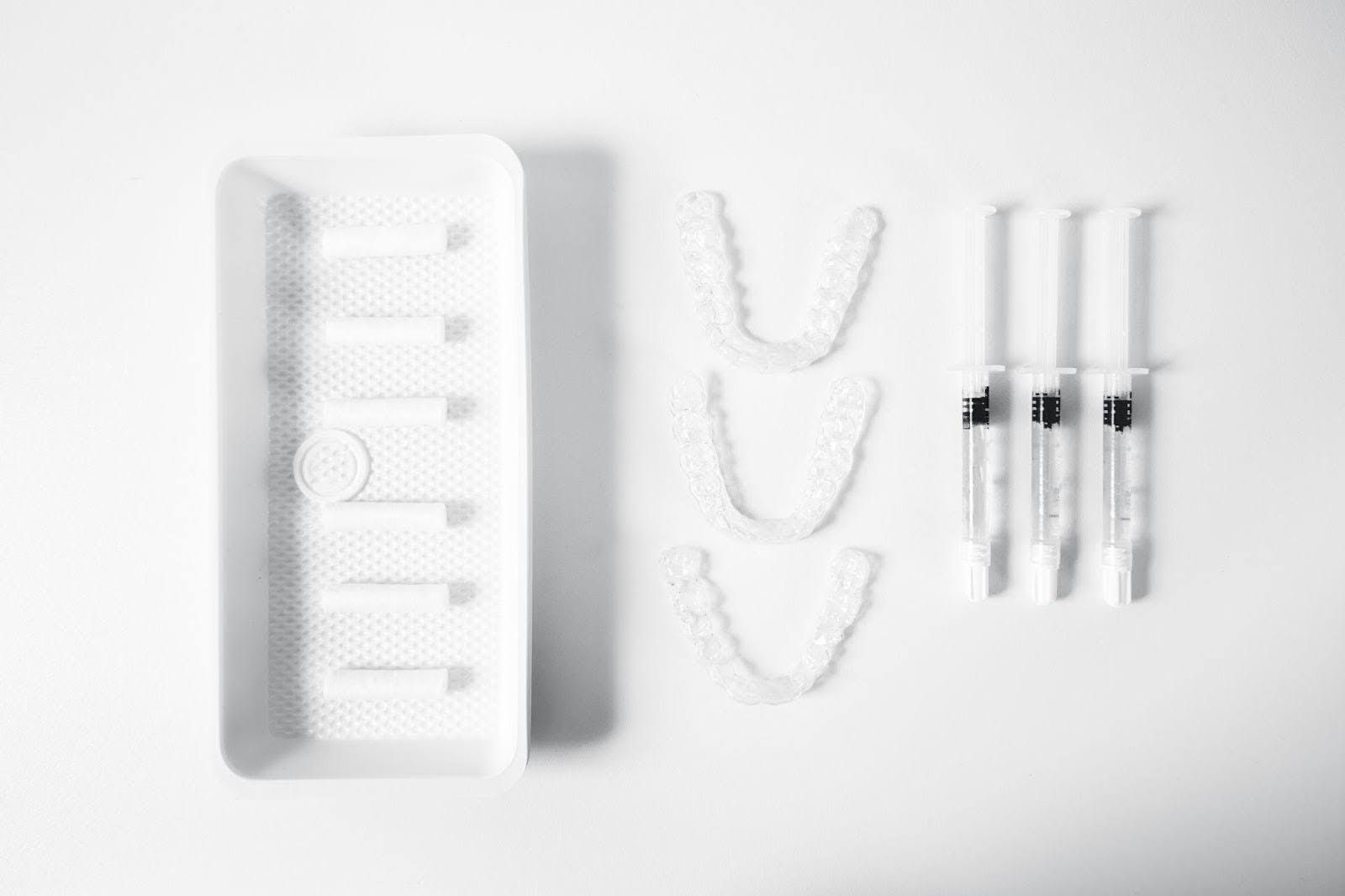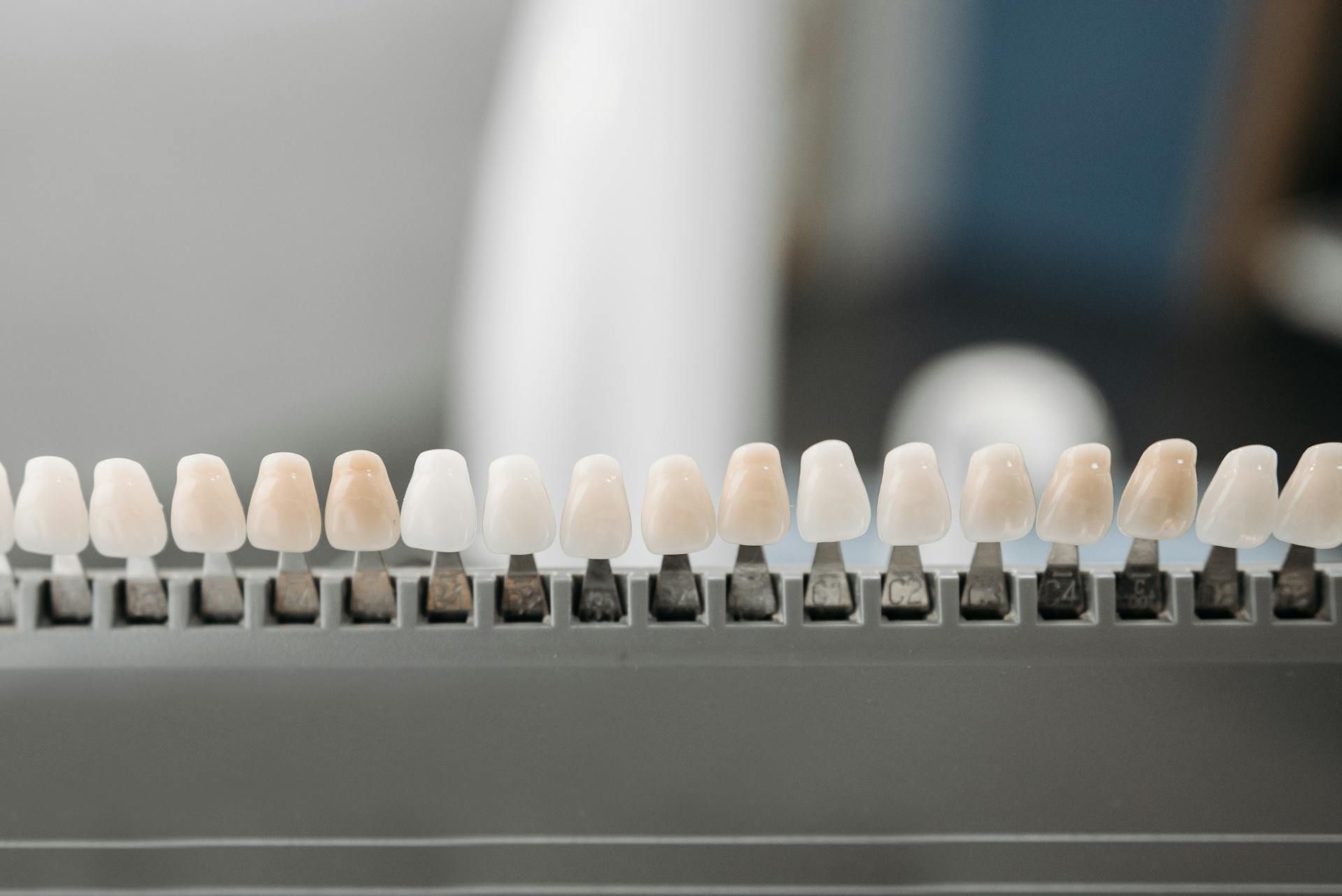Your Ultimate Guide to Dental Fillings in Monroe, GA: Materials, Types, Sensitivity & Allergy Issues
In the realm of dental health, one of the most common treatments is the dental filling. Used to restore the function and integrity of a tooth that has been damaged by decay or breakage, dental fillings play a crucial role in maintaining our overall oral health. With the array of options available when it comes to materials and types of fillings, it can be daunting for patients to make informed decisions about which option is best for their unique needs.
This article, compiled by Taylor Made Smiles in Monroe, GA, aims to serve as your ultimate guide to dental fillings, breaking down the various aspects of this common procedure—materials, types, sensitivity, and allergy issues—to help you make the best choice for your dental health.
We'll address various topics, starting with the materials used for dental fillings. With advancements in technology and dental sciences, there is no longer a one-size-fits-all solution when it comes to dental filling materials. From amalgam and composite resin to glass ionomer and porcelain fillings, these options vary in cost, durability, and appearance, offering patients the opportunity to choose the solution that best suits their needs and preferences.
Sensitivity and allergy issues are increasingly common concerns among patients seeking dental fillings, and this article will delve into these areas as well. We'll examine the causes of sensitivity following a dental filling, along with potential solutions and tips to minimize discomfort. Additionally, we'll address the issue of dental filling allergies, providing practical information on detecting and managing potential reactions to certain filling materials.
A Comprehensive Look at Dental Filling Materials
When it comes to dental fillings, having a variety of materials to choose from allows both dental professionals and patients to select the ideal option based on individual needs and preferences. Some of the most common dental filling materials include:
1. Amalgam: One of the oldest and most well-known dental filling materials, amalgam, is a mixture of metals, including mercury, silver, tin, and copper. Amalgam fillings are known for their durability and affordability, making them a popular choice for long-lasting fillings. However, some patients may express concern about the presence of mercury in amalgam fillings, as well as their metallic appearance.
2. Composite Resin: A tooth-colored material composed of plastic and fine glass particles, composite resin fillings are both aesthetically pleasing and suitable for smaller cavities. They can be customized to match the shade of the surrounding teeth, providing a more natural appearance. Composite resin fillings are also less susceptible to causing tooth sensitivity due to their excellent insulating properties. However, this material tends to be less durable than amalgam and may need to be replaced more frequently.
3. Glass Ionomer: Another tooth-colored option, glass ionomer fillings, are made from a combination of acrylic and glass particles. This material is known for its ability to slowly release fluoride over time, which can help prevent further tooth decay in the treated area. Glass ionomer fillings are ideal for smaller cavities and are often used in pediatric dentistry. However, they tend to be less durable than both amalgam and composite resin fillings.
4. Porcelain/Ceramic: Ceramic fillings made from porcelain provide a highly aesthetic option that closely resembles the appearance of natural teeth. They are resistant to staining and are quite durable, often lasting more than 15 years. However, porcelain fillings are more expensive than other materials and require a greater level of dental expertise for proper placement.
Understanding the Various Types of Dental Fillings
Beyond the choice of dental filling material, patients must also consider the different types of dental fillings available. These types include:
1. Direct Fillings: Direct fillings, such as amalgam or composite resin, are placed directly in the tooth cavity during a single visit. This is a quicker and more straightforward approach to dental fillings, making it suitable for smaller cavities or teeth that are easily accessible.
2. Indirect Fillings: Indirect fillings involve the creation of a custom filling outside the mouth, which is then placed and cemented into the prepared tooth during a subsequent appointment. This type of filling is typically used for larger cavities or teeth that are difficult to reach. Indirect fillings can be made from various materials, such as porcelain or gold.
3. Inlays and Onlays: Inlays and onlays are a type of indirect filling wherein the dental professional prepares the tooth cavity and takes an impression. A dental laboratory then creates the custom filling, which is cemented onto the tooth during a follow-up visit. Inlays fit within the cusps of the tooth, while onlays cover one or more cusps. Both inlays and onlays are considered more conservative than full-coverage dental crowns and often provide a long-lasting solution.
Preventing and Managing Sensitivity Issues
Tooth sensitivity following a dental filling can range from mild discomfort to severe pain. This sensitivity can be caused by various factors, including the type of filling material, the depth or location of the cavity, and individual patient factors. To minimize sensitivity following a dental filling, dental professionals may:
1. Apply a desensitizing agent before or after the filling procedure
2. Use bonding agents to help minimize microleakage around the filling
3. Adjust the bite after placing the filling to ensure proper alignment and reduce stress on the tooth
Patients experiencing sensitivity should also practice good oral hygiene, use desensitizing toothpaste, and avoid excessive consumption of hot or cold beverages.
Detecting and Managing Dental Filling Allergies
Although rare, some patients may experience an allergic reaction to dental filling materials, especially when metals such as nickel or beryllium are present. Signs and symptoms of a dental filling allergy may include itching, redness, swelling, and pain in the area surrounding the filling.
If an allergy is suspected, the dental professional may recommend removing the filling and replacing it with an alternative material. Patients with known allergies should inform their dentist before undergoing any dental procedure to ensure they receive the most suitable filling materials.
Conclusion
Dental fillings play an essential role in maintaining our oral health, preventing further tooth decay, and restoring the function and appearance of our teeth. By understanding the various materials and types of fillings, as well as how to prevent and manage sensitivity and allergy issues, patients can make informed decisions about their dental health. Consult with our dental professionals at Taylor Made Smiles in Monroe, GA, to determine the best course of action for your individual needs and enjoy a healthy, confident smile for years to come.










